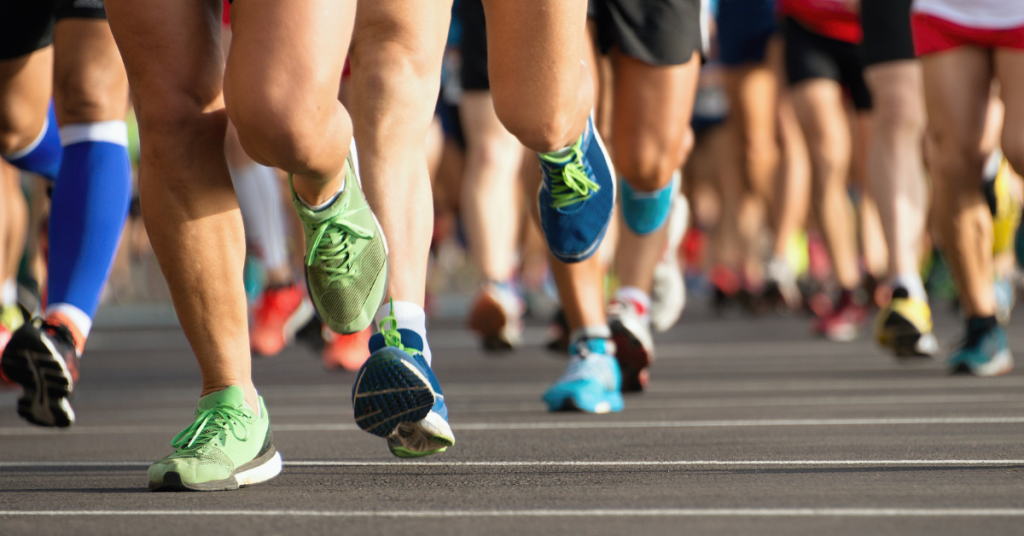Running is an exhilarating activity that offers a multitude of health benefits. However, it can also lead to a common yet often overlooked issue – dry mouth. If you’ve ever experienced a parched, cotton-mouth sensation during your run, you’re not alone. The phenomenon of dry mouth when running is more common than you might think.
Why Does Dry Mouth Occur When Running?
When you engage in physical activities such as running, your body undergoes various changes. One common cause of dry mouth during exercise is dehydration. As you run, your body sweats to regulate its temperature, resulting in fluid loss. This loss of fluids can lead to a dry sensation in your mouth.
Another factor contributing to dry mouth is mouth breathing. When you’re running, your body prioritizes sending blood to the muscles that need it most, like your legs and heart. This redirection of blood flow can result in less saliva production, leading to a dry mouth. Additionally, heavy breathing through the mouth during a strenuous run can also contribute to this condition.
The Impact of Dry Mouth on Your Run
Having a dry mouth when running can be more than just uncomfortable. It can affect your performance, making your run less enjoyable and potentially less effective.
Performance Implications
A dry mouth can make it difficult to swallow, which can be distracting and uncomfortable during a run. This discomfort can lead to a decrease in performance, as your focus shifts from your run to the unpleasant sensation in your mouth.
Health Implications
Beyond the immediate discomfort, dry mouth can also have long-term health implications. Saliva plays a crucial role in maintaining oral health by neutralizing acids and helping to prevent tooth decay and gum disease.
Solutions to Combat Dry Mouth while Running
If you find yourself experiencing dry mouth during your runs, don’t worry! There are several simple and effective solutions to help you combat this issue and stay hydrated:
1. Hydrate Before, During, and After Your Run
Proper hydration is key to preventing dry mouth. Make sure to drink water before your run to start well-hydrated. During your run, carry a water bottle or plan your route near water sources to stay hydrated. After your run, replenish your fluids to rehydrate your body and combat dry mouth.
You may also read: Can Dehydration Cause Throat Pain?
2. Breathe Through Your Nose
While it may be tempting to breathe through your mouth during an intense run, try to focus on breathing through your nose as much as possible. Nasal breathing helps humidify the air, reducing the likelihood of dry mouth. If you find it challenging to breathe solely through your nose, try alternating between nasal and mouth breathing.
3. Use Moisturizing Mouth Sprays
Moisturizing mouth sprays can provide temporary relief from dry mouth. These sprays contain ingredients that help lubricate your mouth and keep it moist during your runs. Carry a small bottle with you to use whenever needed, and choose sprays specifically formulated for exercise or physical activity.
4. Chew Sugar-Free Gum or Suck on Sugar-Free Candies
Chewing sugar-free gum or sucking on sugar-free candies stimulates saliva production, alleviating dry mouth. Opt for products sweetened with xylitol, a natural sugar substitute that helps promote saliva flow and prevent tooth decay. These can be convenient options to keep your mouth moist during your runs.
Prevention Tips to Avoid Dry Mouth When Running
Prevention is always better than cure. To minimize the occurrence of dry mouth during your runs, consider the following tips:
1. Maintain a Balanced Diet
A well-balanced diet plays a crucial role in your overall hydration. Consume foods with high water content, such as fruits and vegetables (For more information read: Best Foods for Dry Mouth Relief), to keep your body hydrated. Additionally, avoid excessive consumption of caffeine and alcohol, as they can contribute to dehydration.
2. Gradually Increase Your Endurance
If you’re new to running or recently increased your training intensity, your body may take time to adjust. Gradually increase your endurance and fitness level to give your body time to adapt. This approach can help minimize the chances of experiencing dry mouth during your runs.
3. Check Your Breathing Technique
Pay attention to your breathing technique while running. Practice diaphragmatic breathing, which involves breathing deeply into your belly, rather than shallow chest breathing. This technique allows for better oxygenation and reduces the likelihood of mouth breathing and dry mouth.
4. Consider Saliva-Boosting Supplements
In consultation with your healthcare provider, you may explore the option of saliva-boosting supplements. These supplements can help stimulate saliva production, reducing the chances of dry mouth during exercise. However, it’s important to discuss this with a medical professional to ensure it’s safe and suitable for you.
A dry mouth when running can be an uncomfortable and distracting experience, but it doesn’t have to hinder your performance. By staying hydrated, breathing properly, and following the prevention tips, you can minimize the occurrence of dry mouth during your runs. Remember to listen to your body, take breaks when needed, and enjoy the journey of running while keeping your mouth refreshed and hydrated!
Lubricity is a Proud Supporter of the
What do customers say about Lubricity Dry Mouth Spray?













